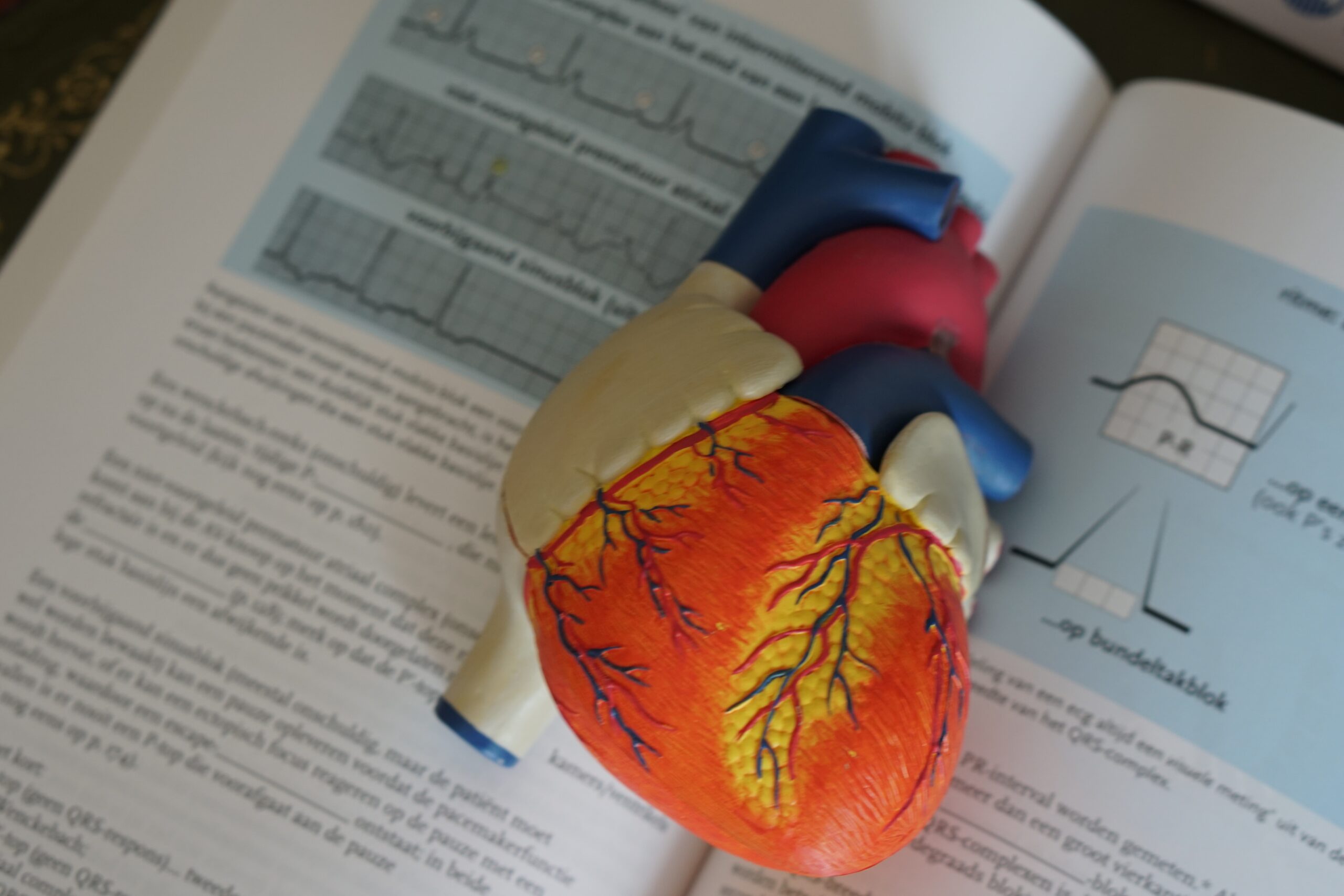Building muscle is more than just lifting weights; it’s an intricate balance of nutrition, training, recovery, and mindset. If you’ve ever wondered what separates the average gym-goer from a serious bodybuilder or athlete, it’s often the little ‘secrets’ or best practices they adopt. Here’s a holistic approach to gaining mass and understanding the real muscle builder’s secret:
1. Nutrition – Fueling Growth
- Protein: The building block of muscles. Aim for 1.2 to 2.2 grams of protein per kilogram of body weight, depending on training intensity.
- Carbohydrates: Essential for replenishing glycogen stores and providing energy for workouts.
- Fats: Crucial for hormone production, including testosterone, which plays a role in muscle growth.
- Micronutrients: Vitamins and minerals play a crucial role in energy production and muscle function.
2. Progressive Overload
It’s not enough to lift weights; you must continually challenge your muscles by increasing the weight or the number of reps over time. This forces your muscles to adapt, leading to growth.
3. Recovery and Rest: The Muscle Builder’s Secret
Building muscle is not just about hitting the gym and lifting heavy weights. It’s a comprehensive process that encompasses not only the physical exertion during workouts but also the all-important recovery and rest phase. If you’re looking to maximize your muscle gains and overall fitness, understanding the vital role that recovery plays in muscle building is essential. This article delves into the science and significance of recovery and how it can be the secret weapon in your muscle-building arsenal.
4.The Science Behind Muscle Building and Recovery
When you lift weights or undergo intense physical activity, your muscle fibers experience tiny tears. Although it might sound alarming, these microscopic damages are a normal part of the muscle-building process. During the recovery phase, the body repairs these tears, and in doing so, it builds the muscle back stronger.
This process of breaking down and rebuilding is what leads to muscle growth, and it heavily depends on recovery.
5. Why Is Recovery So Important?
- Muscle Repair: As mentioned, muscles are rebuilt and grow during the recovery phase. If the body doesn’t get enough time to repair, it can lead to overtraining, where muscles become more prone to injury and don’t grow effectively.
- Preventing Overtraining: Overtraining can lead to fatigue, decrease in performance, increase in injuries, and other health issues. Proper rest and recovery can help avoid this state.
- Restoring Energy: Glycogen, a primary energy source for your muscles, gets depleted after workouts. Rest and proper nutrition help in replenishing glycogen stores.
- Psychological Well-being: Recovery gives a mental break. Continuous training without adequate rest can lead to burnout, decreased motivation, and mental fatigue.
6. How to Optimize Recovery
- Sleep: Aim for 7-9 hours of quality sleep each night. Sleep is when most of the muscle repair and growth happens, thanks to the release of growth hormones.
- Nutrition: Consuming protein-rich foods and shakes post-workout can boost muscle repair. Carbohydrates help restore glycogen, and fats aid in overall recovery.
- Hydration: Muscles are approximately 75% water. Staying hydrated aids in muscle function and recovery.
- Active Recovery: This involves doing low-intensity activities on rest days, like walking, stretching, or light cycling. It helps increase blood flow to the muscles, promoting faster recovery.
- Rest Days: Incorporate at least 2 rest days in your weekly routine, or as needed based on your training intensity and volume.
7. The Power of Listening to Your Body
Tuning into how your body feels is paramount. If you’re feeling overly fatigued, sore for more extended periods than usual, or notice a drop in performance, it might be a sign that you need more recovery. The body is an excellent indicator of when it’s time to push and when it’s time to rest.
8. The Bottom Line
While the allure of continuous training might be tempting, remember that muscles are built during rest, not during the workout. Recovery isn’t just a minor aspect of the muscle-building journey – it’s a cornerstone. By giving it the attention it deserves, you can ensure sustainable muscle growth, fewer injuries, and overall better well-being.
9. Supplementation
While not necessary, supplements can aid in muscle growth and recovery:
- Whey Protein: Quick absorption makes it great post-workout.
- Creatine: Shown to increase muscle mass and improve high-intensity workout performance.
- Branched-Chain Amino Acids (BCAAs): Helps with muscle recovery and can reduce soreness.
10. Mind-Muscle Connection
Engaging the muscle mentally during a workout can lead to better contractions and improved muscle activation. It’s not about moving weights but contracting and working the muscle.
11. Variety in Training
Changing your routine every few weeks prevents plateaus. This includes changing exercises, reps, sets, and even rest periods.
12. Stay Hydrated
Muscles are about 75% water. Proper hydration ensures optimal muscle function and aids in recovery.
13. Avoid Overtraining
More isn’t always better. Training too hard or too often can lead to reduced muscle growth and increased risk of injury.
14. Consistency
The real ‘secret’ is showing up, day after day, month after month. Results don’t come overnight.
15. The Mental Game
Building muscle is as much a mental challenge as it is a physical one. Maintaining a positive, can-do attitude, setting clear goals, and visualizing success can make the journey smoother.
Conclusion:
In conclusion, the true muscle builder’s secret is a holistic approach that values each element of the muscle-building process. Nutrition, training, recovery, and mindset are all pieces of the puzzle. When they come together harmoniously, impressive muscle growth is the result.
FAQs
How much protein should I consume daily to build muscle?
Aim for 1.2 to 2.2 grams of protein per kilogram of body weight, depending on your training intensity and goals.
Is it necessary to take supplements for muscle growth?
While not essential, supplements like whey protein, creatine, and BCAAs can aid in muscle growth and recovery.
How often should I change my workout routine?
It’s beneficial to change your routine every 4-6 weeks to prevent plateaus and keep your muscles challenged.
Why is the mind-muscle connection important?
Engaging muscles mentally during workouts leads to better contractions and improved muscle activation, promoting more effective growth.
Can I build muscle without weights?
Yes, bodyweight exercises like push-ups, squats, and pull-ups can effectively build muscle. However, as you progress, you’ll need to find ways to increase resistance or challenge to continue growth.
How important is sleep for muscle building?
Sleep is crucial. Growth hormone, which aids muscle growth, is released predominantly during deep sleep. Aim for 7-9 hours of quality sleep per night.
What is overtraining, and why should I avoid it?
Overtraining occurs when there’s excessive training volume or intensity without adequate rest and recovery. It can hinder muscle growth, increase injury risk, and lead to burnout.
How many days a week should I train?
This varies based on goals, but 3-5 days a week is common for muscle-building routines. Always incorporate rest days for recovery.
Are rest days necessary?
Absolutely. Muscles grow and repair during rest. Incorporate at least 2 rest days in your weekly routine or as needed.
Can I do cardio while trying to build muscle?
Yes, but be mindful. Excessive cardio can interfere with muscle gains. Balance is key.



0 Comments